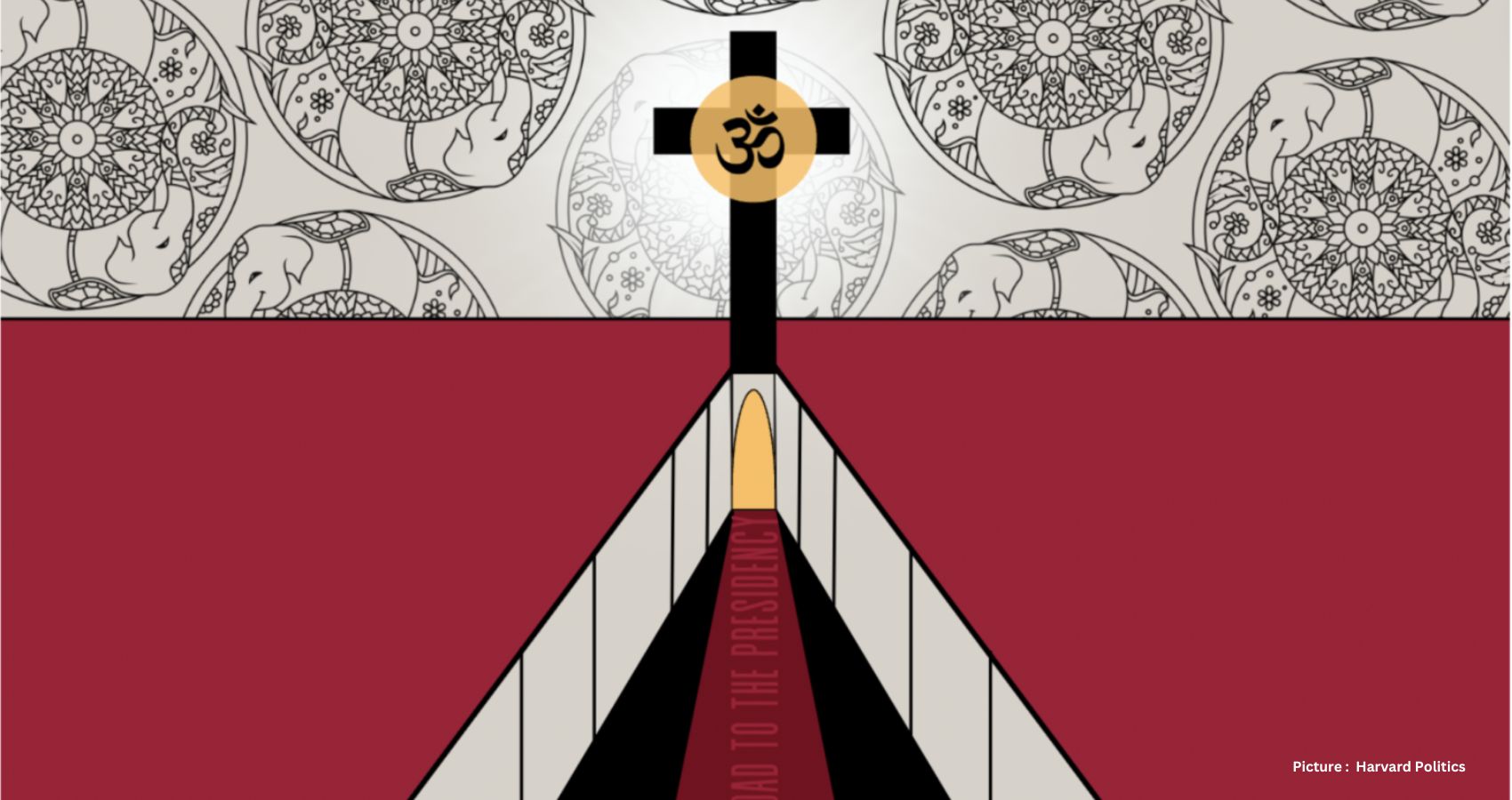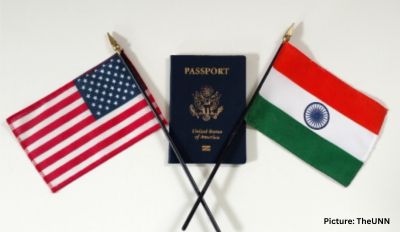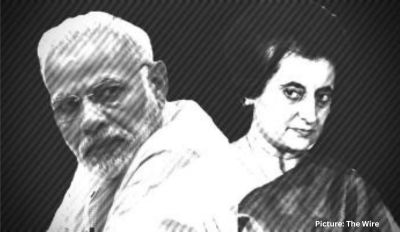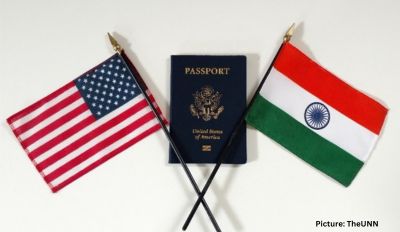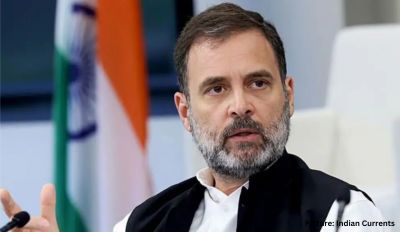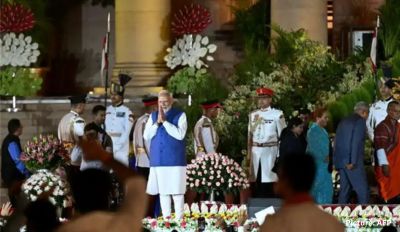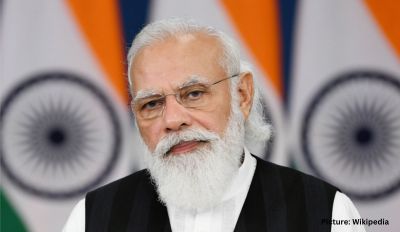For centuries, the United States has stood as a beacon of religious freedom, embracing people of diverse faiths and beliefs. This foundational ideal, dating back to the early English settlers seeking refuge from religious persecution, continues to shape the American narrative, exemplified by immigrants like my Hindu grandparents who sought a better life in the late 1980s. However, the journey of Vivek Ramaswamy, a Hindu-American who ventured into the 2024 Republican presidential race, sheds light on the complexities of religious identity in American politics.
Following his withdrawal from the Republican primary race post-Iowa caucuses, Ramaswamy’s bid for the presidency as a Hindu-American son of immigrants holds significance. In a political landscape increasingly influenced by Christian conservatism, his Hindu faith marked him as an unconventional candidate. To many Christian conservatives, Ramaswamy’s religious background alone posed a barrier to his presidential suitability, highlighting the challenge of appealing to a predominantly Christian voter base. In navigating these hurdles, Ramaswamy strategically aligned aspects of his Hindu faith with the religious beliefs prevalent among GOP’s evangelical supporters.
Central to Ramaswamy’s campaign was his emphasis on faith, encapsulated in his “Ten Truths” political manifesto, commencing with the declaration “God is real.” While affirming his Hindu convictions, Ramaswamy often drew parallels between Hinduism and Christianity, leveraging familiar biblical narratives to resonate with Christian voters. Responding to inquiries about his religious beliefs, he sought to bridge the gap between Hinduism and Christianity, portraying them as complementary rather than disparate faiths.
In his quest for broader appeal, Ramaswamy selectively emphasized aspects of Hinduism that aligned with conservative values, framing it within a monotheistic framework akin to Abrahamic religions. However, this approach drew criticism from some quarters, with concerns raised about the oversimplification and misrepresentation of Hinduism. Critics argued that by packaging Hinduism to fit into a narrow mold of family values and monotheism, Ramaswamy overlooked the diversity and complexity inherent in the religion.
As a Hindu Indian-American, I am troubled by the reduction of my faith to suit political expediency. Ramaswamy’s strategic maneuvering, while aimed at political gain, risks perpetuating stereotypes and erasing the richness of Hindu tradition. Despite his efforts to navigate the intricacies of religious identity in American politics, Ramaswamy’s approach ultimately falls short of genuine representation for Hindu-Americans.
While acknowledging Ramaswamy’s political agency, it is imperative to scrutinize the implications of his candidacy. The scrutiny he faced regarding his faith raises concerns about the equitable treatment of candidates from religious minority backgrounds. In a country that prides itself on religious freedom, the singling out of Ramaswamy’s Hindu identity underscores persistent challenges faced by marginalized communities in accessing positions of power and influence.
Nevertheless, Ramaswamy’s unwavering commitment to his Hindu faith amid political pressures deserves recognition. By eschewing attempts to conceal or downplay his religious identity, he sets a precedent for future minority candidates navigating the political landscape. Despite diverging from Ramaswamy’s political stance, his resilience in maintaining his faith serves as a testament to the importance of authenticity in political representation.
As the Republican primaries continue sans Ramaswamy, the legacy of his presidential bid resonates beyond partisan lines. While he may not have been the ideal standard-bearer for Hindu representation in politics, his candidacy sparked crucial conversations about religious diversity and inclusion in American democracy. In states with limited exposure to Hinduism, Ramaswamy’s campaign served as a window into a faith tradition often marginalized in mainstream discourse. Regardless of his political fate, Ramaswamy’s journey underscores the ongoing struggle for equitable representation in the political arena.

